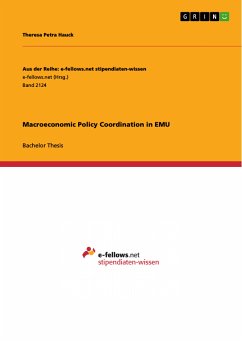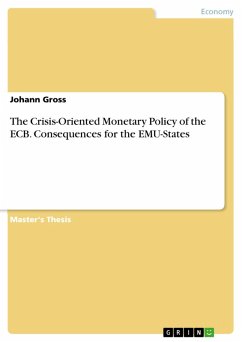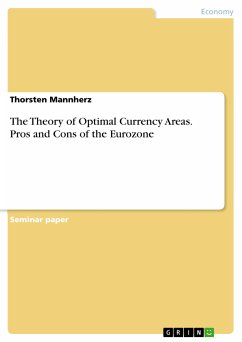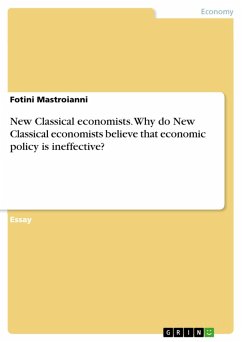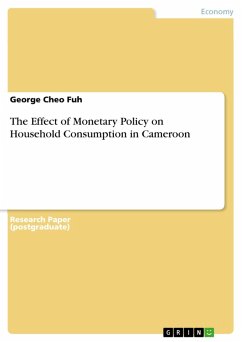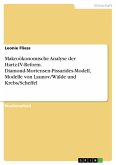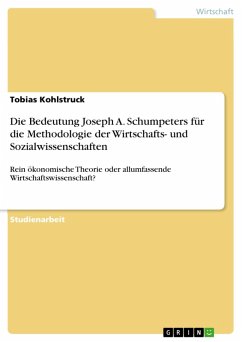Bachelor Thesis from the year 2016 in the subject Economics - Macro-economics, general, grade: 1,0, University of Bamberg, language: English, abstract: The financial crisis and the subsequent European sovereign debt crisis have highlighted the high degree of interdependence among EMU member states. The crisis period made much more clear that a macroeconomic policy coordination framework is indispensable as there is great sensibility and high risk for contagion effects. The structure of EMU in its highest level of integration as of one monetary authority vis-à-vis many fiscal authorities brings about several specific aspects regarding coordination. In order to achieve and ensure economic stability in such a unique constellation there have been established several measures and frameworks with the Stability and Growth Pact as the centre point. Designed on the grounds of and motivated by the objective of stabilising the overall economy, the pact promotes fiscal discipline through limiting government deficits and debts in order to prevent adverse fiscal spillover effects and freeriding behaviour of national fiscal authorities which could risk price and overall macroeconomic stability of the common currency area. This however brings about limitations for governments to discretionarily react to national economic needs and conditions. This bachelor thesis addresses the resulting tension between a theoretical and fundamental need for macroeconomic policy coordination in a monetary union environment and the politico-economic reality. The main goals are: to examine the main arguments in favour and against the pact under the areas of content, objectives and enforcement design; to highlight the resulting trade-offs; and to link these to developments and reforms of the pact but also to different economic contexts, namely the time period before and the time period during and after the crisis. The main finding is that reforms regarding macroeconomic policy coordination which were introduced after the beginning of the crisis period do not represent a rearrangement of the SGP framework and rather address the same debate on economic trade-offs only with a changed set of conditions. The reforms regarding the pact can be described as developments refocusing on the core of the pact while still shifting it in the directions of some propositions along with criticism which had been expressed long before the crisis period.
Dieser Download kann aus rechtlichen Gründen nur mit Rechnungsadresse in A, B, BG, CY, CZ, D, DK, EW, E, FIN, F, GR, HR, H, IRL, I, LT, L, LR, M, NL, PL, P, R, S, SLO, SK ausgeliefert werden.

